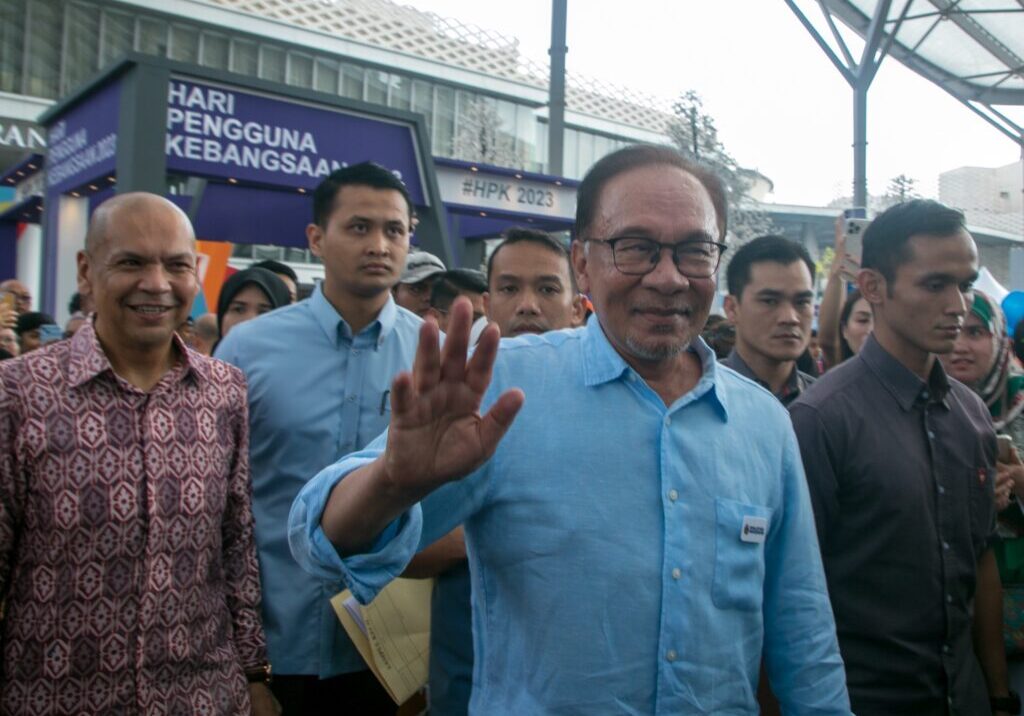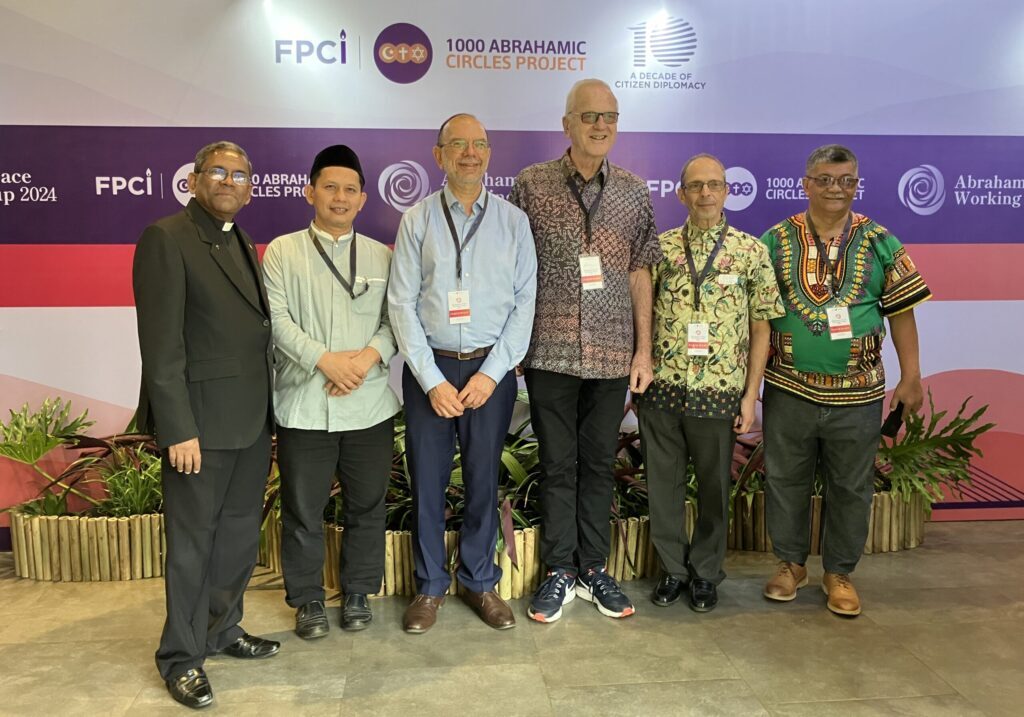Australia/Israel Review
Asia Watch: The high price of religious sensitivities
Jun 7, 2017 | Michael Shannon

Michael Shannon
When the North Jakarta District Court sentenced outgoing Jakarta Governor Basuki “Ahok” Tjahaja Purnama to two years in prison for blasphemy for suggesting that some people had misused a Koranic verse to block his re-election bid, it added dramatic confirmation of the paradox surrounding South East Asia’s relationship with Islam. While Islamist terrorism in the region has been largely subdued, Islamist-inspired identity politics and intolerance are arguably posing a growing challenge to civil freedoms.
That Ahok was jailed despite prosecutors recommending probation on a lesser charge should ring alarm bells. The judges said they disagreed and found Ahok “legally and convincingly guilty of blasphemy” and that “the court does not find anything which could excuse the defendant’s actions.” They also dismissed the highly plausible defence assertion that political considerations were behind the charges.
No doubt, the blasphemy case was used skilfully by President Joko Widodo’s 2014 presidential opponent Prabowo Subianto, whose political machine backed Ahok’s opponent Anies Baswedan, and by Hizb-ut Tahrir Indonesia (HTI), a hardline Islamist group that played a major role in the campaign.
Jokowi has counterattacked by banning HTI, as the organisation is known, on the basis that its activities and ideological drive for a pan-Islamic caliphate contradict pluralistic values enshrined in state ideology Pancasila and the 1945 Constitution.
But even this move looks unlikely to be a long-term trend. Ideological undercurrents informed by increasingly rigid interpretations of Islamic scripture have seen Indonesia’s 1965 blasphemy law increasingly used as a political weapon to inhibit free speech and intimidate Christians, minority sect Muslims and other groups.
The blasphemy law was used only eight times up until the end of Suharto’s 32-year rule in 1998. But the Jakarta-based Setara Institute for Democracy and Peace lists 89 blasphemy cases during the 2004-2014 presidency of Susilo Bambang Yudhoyono, who was himself no Islamist but was arguably too accommodating of their growing influence.
In a country where the 88% Muslim majority often acts like an aggrieved minority, that decade saw an estimated 1,000 Christian churches closed, while the conservative Indonesian Council of Ulama (MUI) became a quasi-state institution, issuing edicts against secularism, pluralism and liberalism, as well as sponsoring the notorious 2008 fatwa against the Ahmadiyah sect that led to appalling mob violence.
In Indonesia, a blasphemy charge seems tantamount to a guilty verdict, and Islamists, politicians and police have too often joined forces to target minorities in the name of maintaining public order. Praise from visiting US Vice President Mike Pence of “Indonesia’s tradition of moderate Islam” as “an inspiration to the world”, a common and long-justified tribute, now appears doubtful.
Neighbouring Malaysia is subject to similar trends. A 2015 Pew Research Centre survey of the 25 most populous countries rated Malaysia “very high” in government restrictions on religious freedom; only Russia, Iran, China and Egypt scored worse.
Malaysia’s constitution states that “other religions may be practised in peace and harmony”, but enshrines Sunni Islam as “the religion of the Federation.” No other religious orders may practise evangelism, and followers of minority faiths are frequently subject to hostility, ranging from the sinister to the absurd.
A series of unexplained disappearances of minority religious leaders and activists in recent months paints a disturbing picture. Those missing include Christian pastor Raymond Koh, abducted in broad daylight (see AIR April 2017), pastor Joshua Hilmy and his wife Ruth, and social activist Amri Che Mat. All have previously been accused of proselytising, either Christianity or in the case of Amri’s local charity, Perlis Hope, smeared on social media for promoting Shi’ite doctrine.
The perfunctory search efforts by the Royal Malaysian Police (RMP) have fuelled speculation these well-planned abductions have been carried out by state-aligned agents. Indeed, the RMP has not reacted well to media questioning – at one press conference, Inspector-General of Police Khalid Abu Bakar, the nation’s top law enforcement official, told a reporter to “shut your bloody mouth.”
Then there is the case of Hannah Yeoh, a young, ethnic Chinese member of the Selangor Assembly, who lodged a defamation action against university lecturer Kamarul Zaman Yusoff for alleging that she was “rebuilding Malaysia” according to Christian teachings. His essay claimed that her biography Becoming Hannah makes her a hypocrite: her Democratic Action Party champions secularism but her book includes quotations from the Bible that personally inspired her.
Kamarul has hit back by lodging a police report of his own, claiming that Yeoh may have broken laws proscribing the proselytisation of a non-Islamic religion and “disrupting the country’s harmony by using religion”.
Leaving aside the irony of the second charge, one might suggest Kamarul is trying to protect Malaysian Muslims from these biblical passages. After all, apostasy is grounds for up to 3 years in the state of Sabah; while in more conservative Kelantan and Terengganu, the sentence is death.






